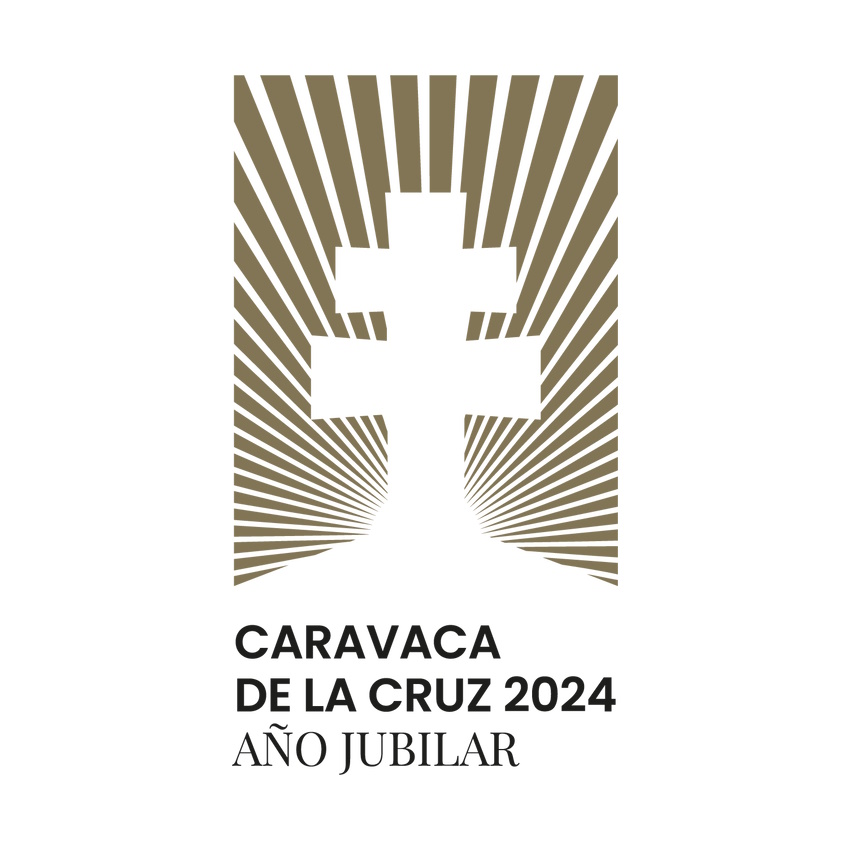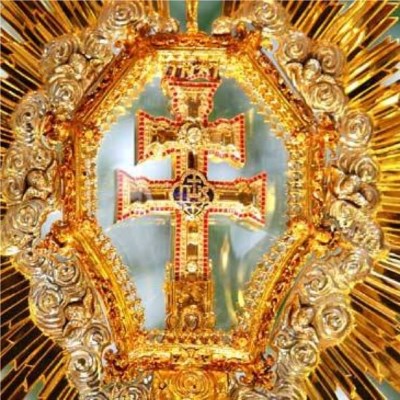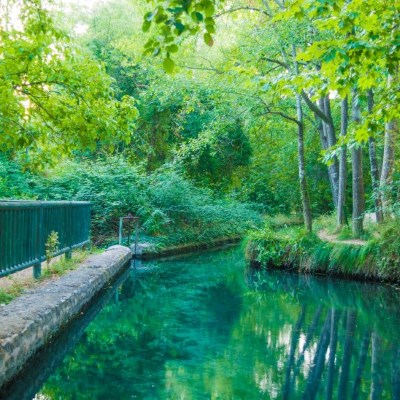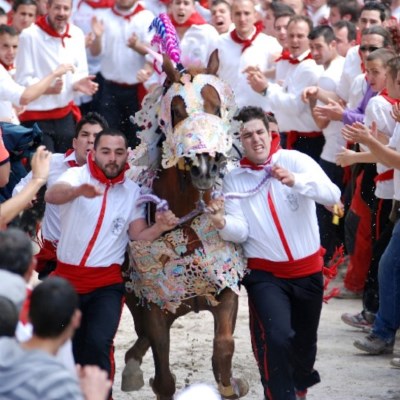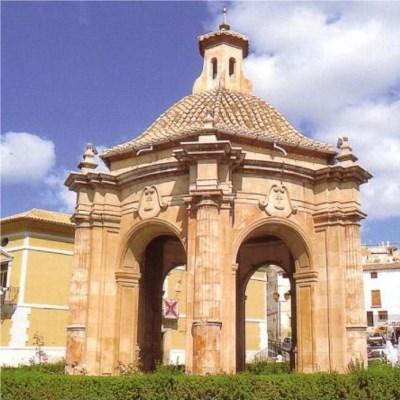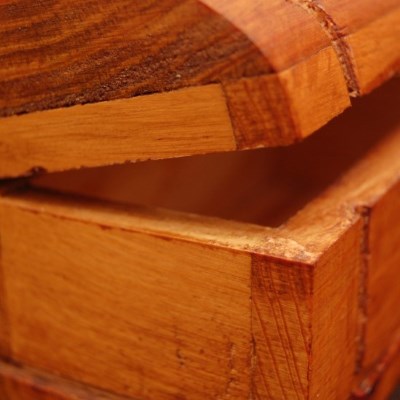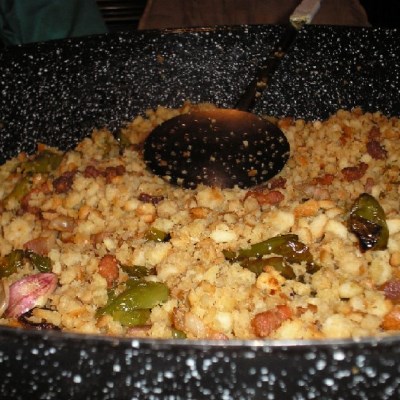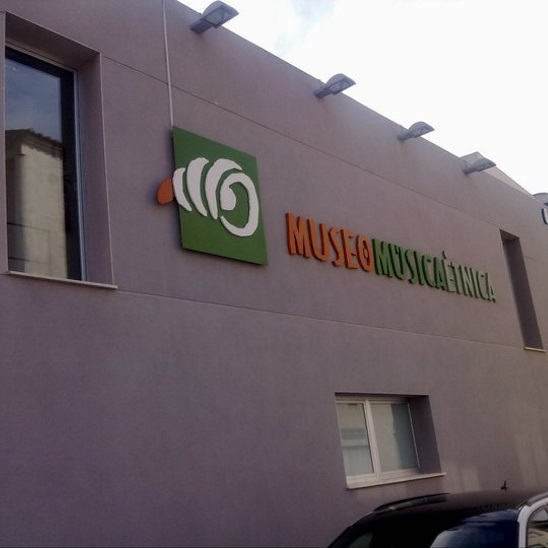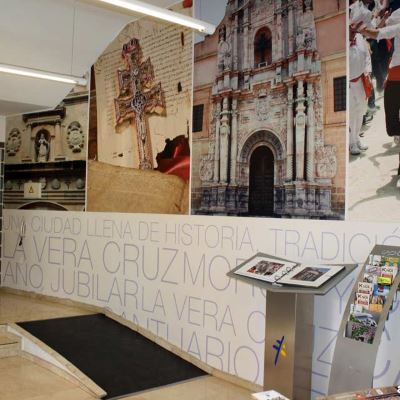Fuente: Ayuntamiento de Caravaca de la Cruz. 24/01/2024
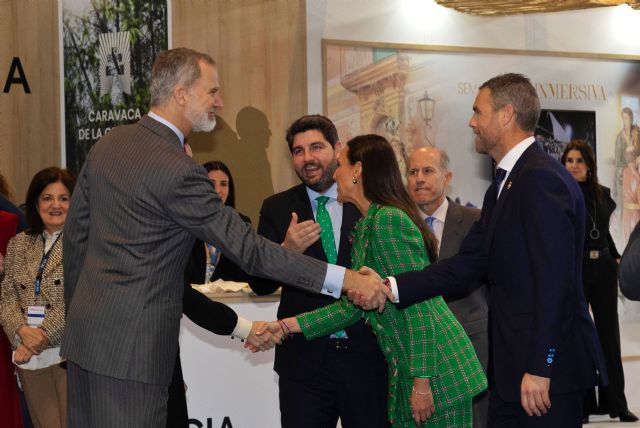 Los Reyes de España, Don Felipe y Doña Letizia, han visitado el stand de la Región de Murcia en la Feria Internacional de Turismo de Madrid (FITUR-2024) con motivo del Año Jubilar 2024 de Caravaca de la Cruz.
Los Reyes de España, Don Felipe y Doña Letizia, han visitado el stand de la Región de Murcia en la Feria Internacional de Turismo de Madrid (FITUR-2024) con motivo del Año Jubilar 2024 de Caravaca de la Cruz.
En ese momento han recibido la invitación a peregrinar a la ciudad del presidente de la Región, Fernando López-Miras, acompañado por el alcalde de Caravaca, José Francisco García, y el hermano mayor de la Cofradía de la Vera Cruz, Luis Melgarejo.
Posteriormente, se ha llevado a cabo la presentación del Año Jubilar 2024 y de la Convención de Ciudades Santas de la Cristiandad, que acogerán Caravaca y el Monasterio de Los Jerónimos, sede de la Universidad Católica de Murcia, el próximo mes de octubre.
En el stand de la Región de Murcia se han dado cita representantes de Jerusalén, Roma, Santo Toribio de Liébana, Santiago de Compostela y Caravaca de la Cruz. La iniciativa, que cuenta con el patrocino de la Fundación Camino de la Cruz, permitirá el hermanamiento y la alianza entre los destinos, con el apoyo mutuo e intercambio de conocimientos acerca de la espiritualidad religiosa, la promoción y gestión de la celebración de los años jubilares.
El alcalde ha manifestado que "la potencialidad turística de Caravaca es innegable y cuenta con un espíritu general que atraviesa todo el año y con innumerables atractivos y recursos que justifican en cualquier momento la visita a la ciudad. Su condición jubilar y la popularidad devocional de la Vera Cruz en tantos lugares del mundo, son la perfecta carta de presentación del que sin duda es uno de los destinos de turismo religioso con más potencial de toda Europa".
La Convención Mundial de Ciudades Santas tendrá continuidad en los próximos años, celebrándose en uno de los destinos de manera alterna, con carácter bianual. En este sentido, se ha sellado el compromiso de las diferentes partes a darle continuidad, con la designación en cada convección de la siguiente sede de la convección.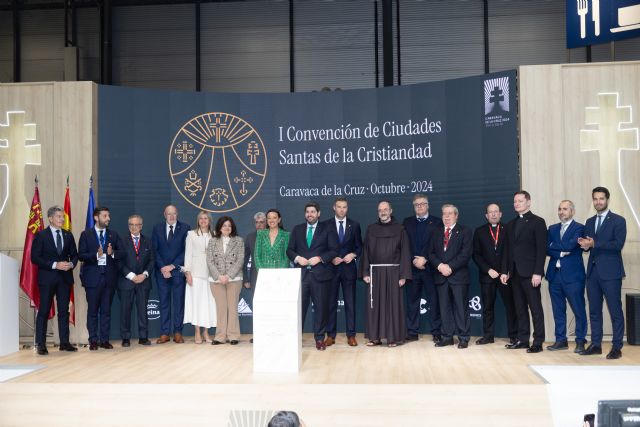
Esta unión entre los destinos de turismo religioso más importantes del mundo se simbolizará con un monolito la Alianza de las ciudades santas, que ha sido presentado en FITUR y se colocará en Caravaca durante la celebración de dicha convención.
En la convención, se abarcarán, a través de ponencias y mesas redondas, temas tan amplios como la puesta en valor de los recursos patrimoniales y culturales, la estructuración y explotación de los itinerarios de peregrinaje, el impulso de iniciativas sostenibles y medioambientales, la recopilación de datos o la elaboración de estadísticas para conocer los parámetros necesarios para establecer las políticas de promoción. Todo ello, mediante la participación institucional, empresarial y ciudadana, la investigación y la transferencia de conocimiento.
En la presentación celebrada aprovechando el escaparate que brinda FITUR, además de la representación de la Región de Murcia encabezada por su presidente de la Región de Murcia, Fernando López-Miras, han participado el alcalde de Caravaca de la Cruz; el representante de Tierra Santa- Jerusalén Fray Luis Quintana (presidente de los Comisarios de Tierra Santa en España y Portugal, y representante legal del Custodio de Tierra Santa en España); monseñor Roman Walczak en representación de Roma; la consejera de Consejera de Cultura y Turismo de Cantabria, Eva Guillermina Fernández; el director de la Sociedad de Gestión del Plan Xacobeo, Ildefonso de la Campa; directora de la Fundación Camino Lebaniego, Pilar Gómez Bahamonde y el presidente de los Comisarios de tierra santa de América del Sur, Edgar Alves, entre otros cargos.


